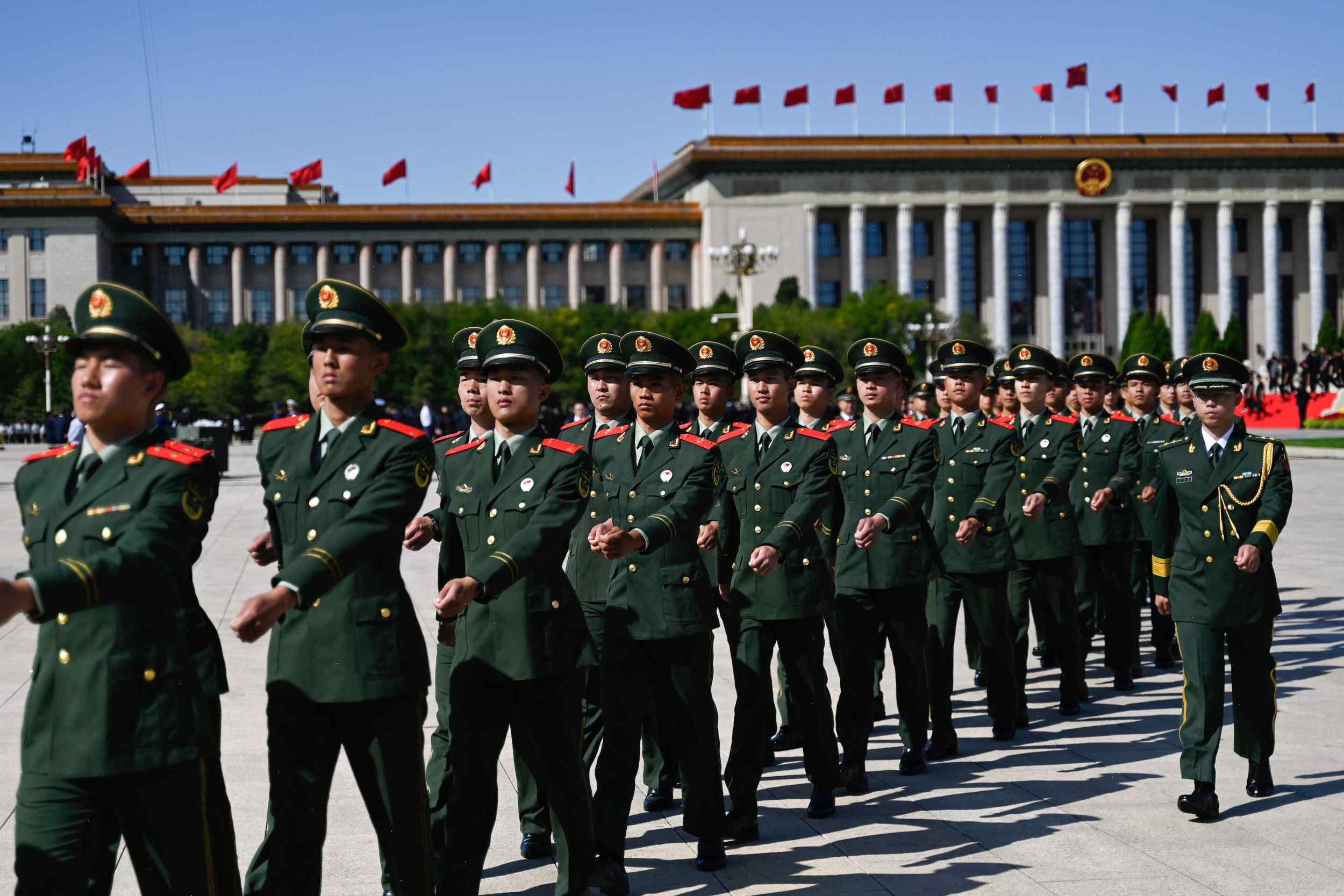Tensions between China and the United States have been escalating in recent months, with both sides engaging in a series of verbal sparring matches and military posturings. The situation has become so dire that Chinese officials have issued an ominous warning to their American counterparts, hinting at the possibility of war. As seasoned journalists, we must examine the implications of such a threat and explore ways to mitigate the risk of conflict.
The roots of the current standoff can be traced back to several factors, including trade disputes, territorial claims in the South China Sea, and concerns over technology and security. The Trump administration has been particularly vocal about its grievances, imposing tariffs on billions of dollars worth of Chinese goods and blacklisting prominent Chinese companies. Beijing, meanwhile, has accused Washington of attempting to contain its rise and undermine its sovereignty.
In light of these tensions, the Chinese government recently released a statement condemning US actions and cautioning against further provocation. According to Foreign Ministry spokesperson Hua Chunying, “If the US continues to persist in its mistaken ways, it will only lead to more harm and suffering for both countries.” When pressed for clarification, she added, “We hope the US side can understand the reality of the situation and take steps to avoid a worst-case scenario.”
While some analysts dismiss the warning as mere rhetoric, others see it as a genuine cause for concern. Dr. Liu Ming, a professor of international relations at Shanghai University, believes that the situation is more precarious than many realize. “Both sides are engaged in a game of chicken, and neither seems willing to blink,” he observes. “The risk of miscalculation or accidental clashes is higher than it’s ever been.”
So what can be done to defuse the crisis? Experts suggest that open communication channels and compromise are key to reducing tensions. Wang Xiang, a former Chinese ambassador to the UN, notes that “diplomacy is still possible, but it requires mutual respect and understanding.” He advocates for a return to negotiations and a focus on finding common ground, rather than relying solely on forceful measures.
Moreover, it’s essential for both nations to recognize the interconnected nature of their relationship. Trade, for instance, is a vital aspect of the economic well-being of both countries. A full-scale trade war would have devastating consequences for businesses and consumers alike. Similarly, cooperation on issues like climate change, pandemics, and nuclear proliferation serves the interests of all parties involved.
As journalists, we play a critical role in promoting dialogue and fostering greater understanding between nations. By shedding light on underreported issues and providing nuanced analysis, we can help bridge the knowledge gap and encourage constructive debate. It’s our responsibility to hold those in power accountable while also advancing peaceful solutions to seemingly intractable conflicts.
In conclusion, the war warning issued by China should serve as a wake-up call for policymakers and citizens alike. Rather than resorting to inflammatory language or aggressive maneuvers, let us work together towards creating a more collaborative and peaceful world. Diplomacy may not always be easy, but it remains the best option we have to prevent catastrophic conflict and ensure a brighter future for generations to come.

